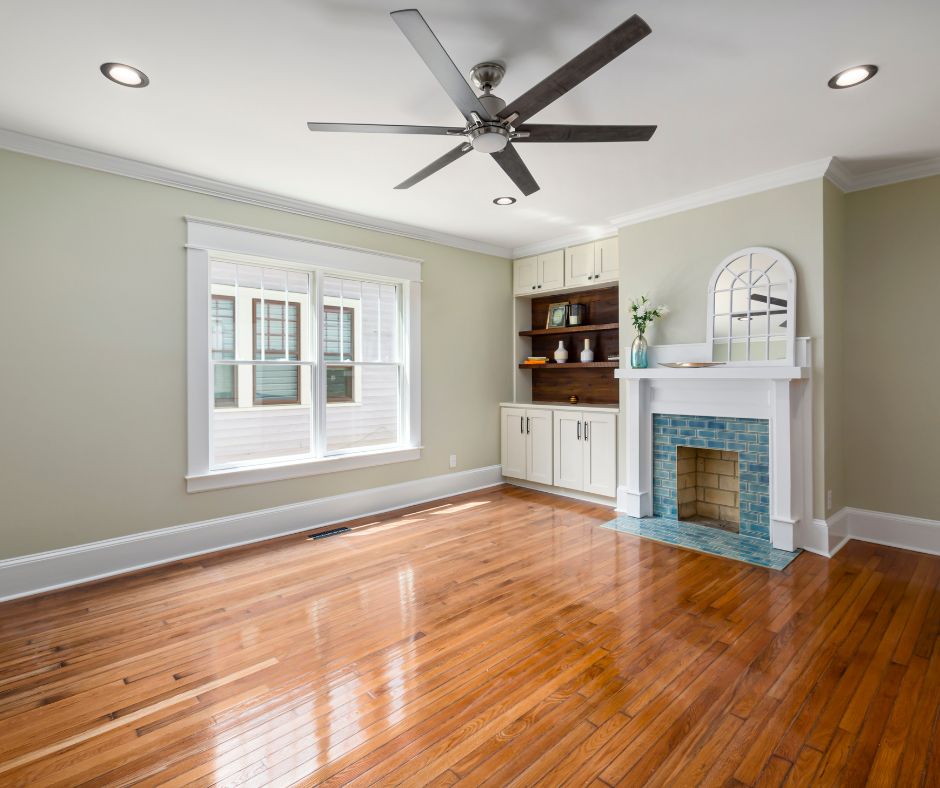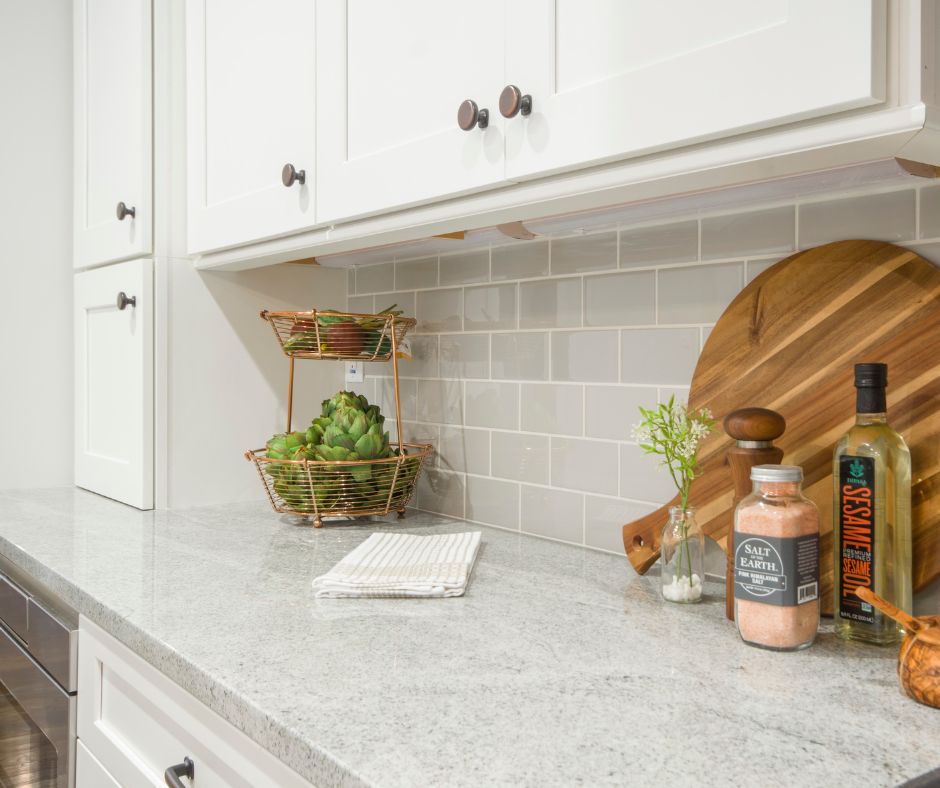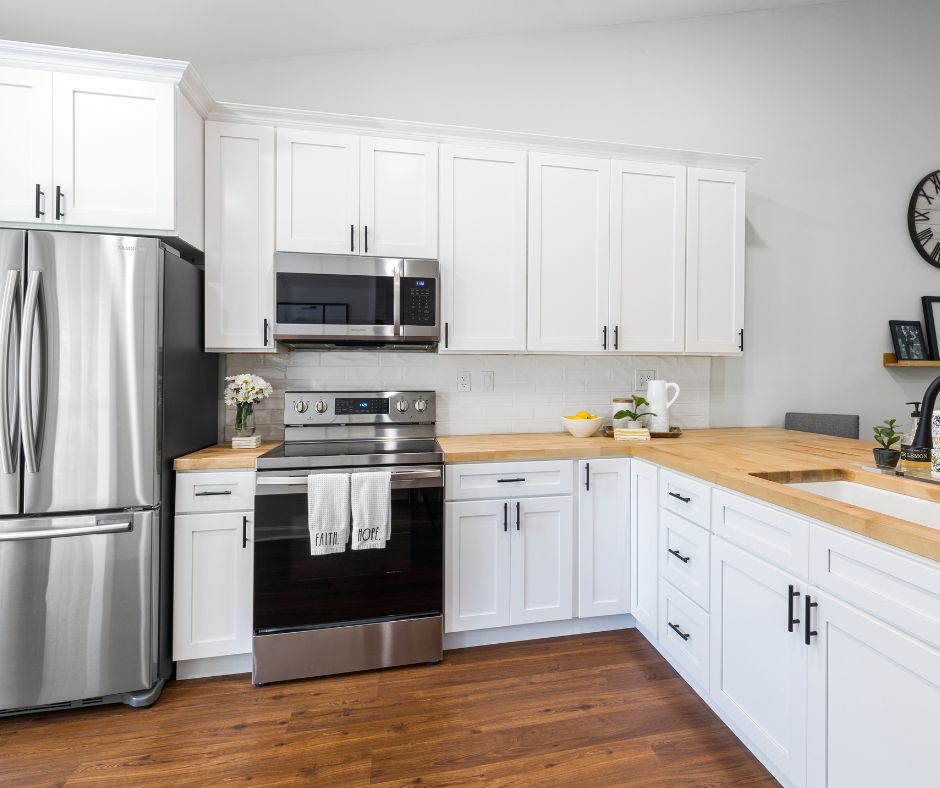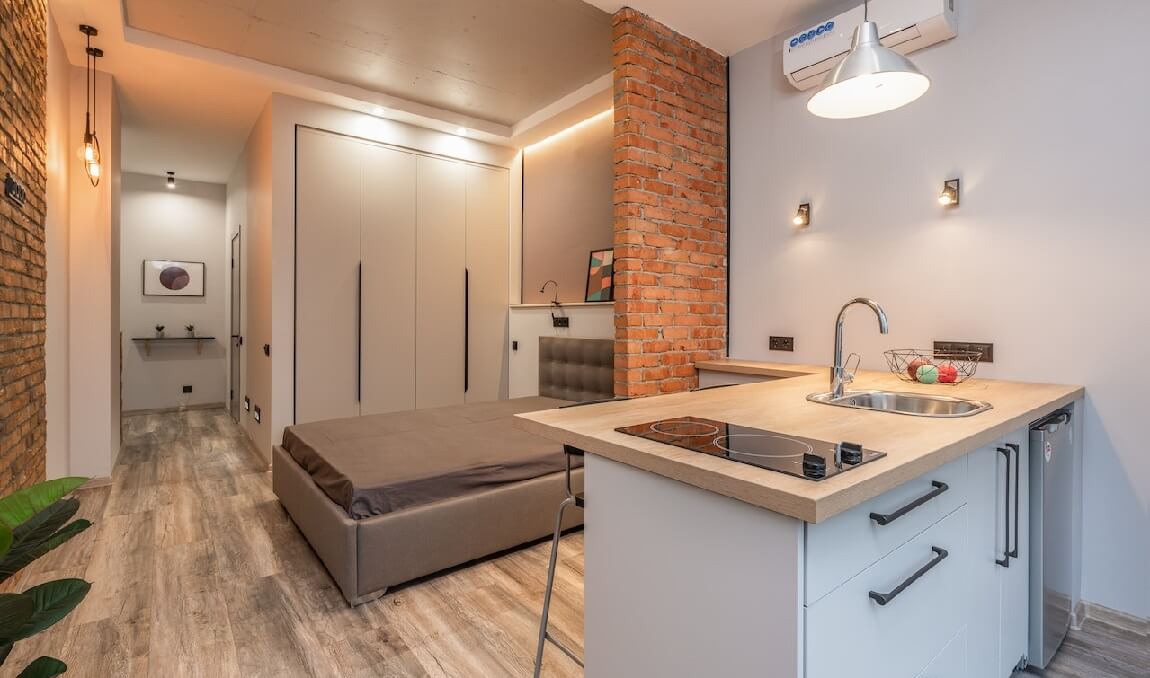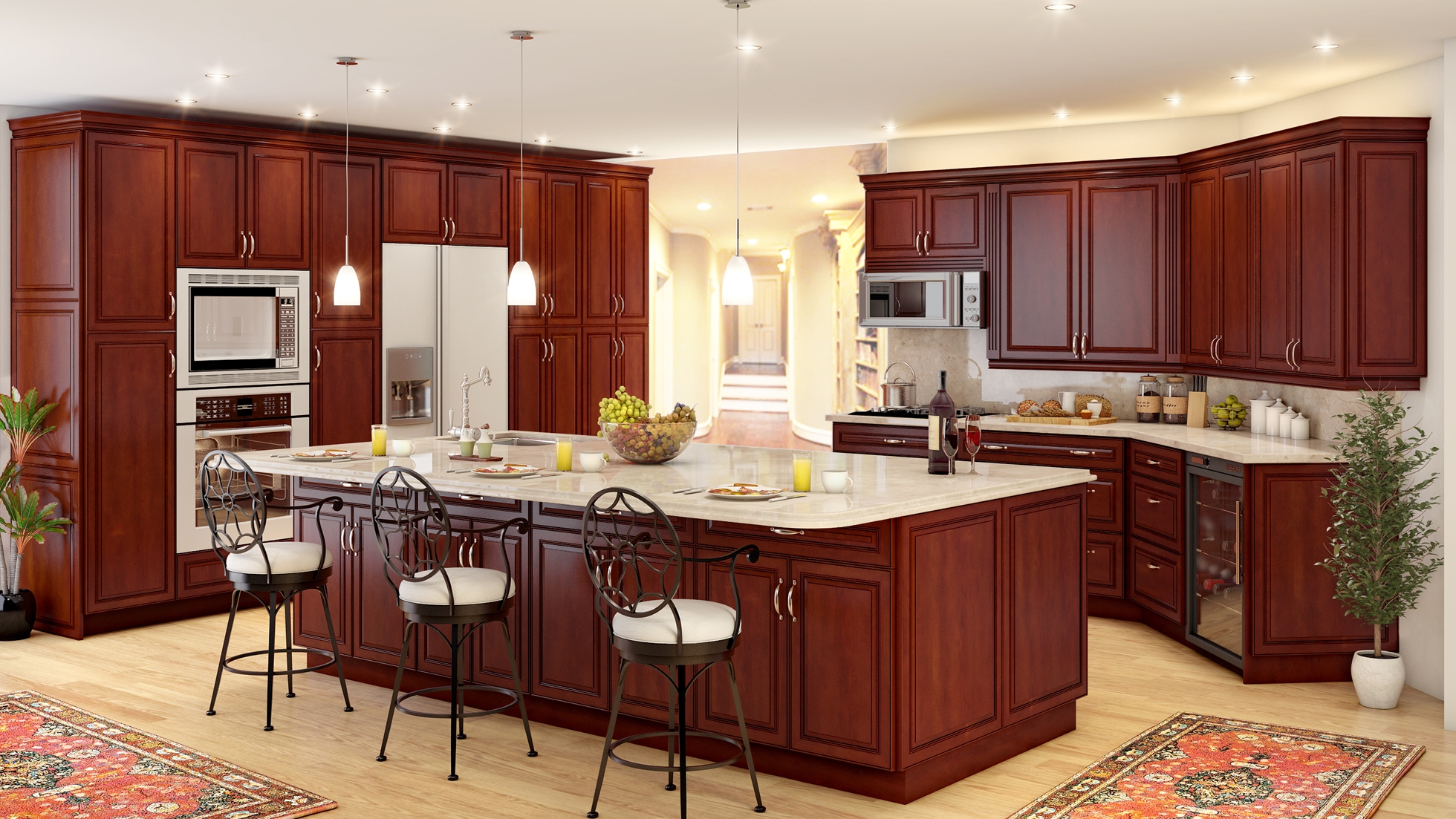Bella Flooring Experts: Enhance Your Space
When it comes to enhancing the look and feel of your space, choosing the right flooring is crucial. From hardwood floors that exude warmth and elegance to vinyl tiles that offer durability and easy maintenance, the options are endless. However, with so many choices available in the market, it can be overwhelming to make the right decision.
That’s where Bella Flooring Experts come in. With their years of experience and expertise in the industry, they have become a trusted name in providing top-notch flooring solutions. Bella Flooring Experts, a part of the Bella Flooring Group, are known for their commitment to quality, exceptional craftsmanship, and unmatched customer service.
Whether you’re renovating your home or starting from scratch, Bella Flooring Experts can help you find the perfect flooring that not only enhances the beauty of your space but also meets your lifestyle and budget requirements. With their extensive range of hardwood floors and vinyl tiles, you can transform any room into a stunning masterpiece.
Why Choose Bella Flooring Experts?
If you’re wondering why Bella Flooring Experts should be your go-to choice for all your flooring needs, here are a few reasons that set them apart from the competition:
First and foremost, Bella Flooring Experts are a part of the renowned Bella Flooring Group. This cooperative group utilizes a network of factories to produce the finest quality flooring products at the best value. With their dedication to excellence, they have earned a reputation for delivering exceptional results.
One of the highlights of Bella Flooring Experts is their amazing job in providing high-quality flooring options. Whether you choose hardwood flooring or vinyl tiles, you can be assured of getting a product that not only looks stunning but also stands the test of time. Their flooring options are designed to withstand everyday wear and tear, making them ideal for both residential and commercial spaces.
Another reason to choose Bella Flooring Experts is their extensive showroom in Georgia. This showroom allows customers to explore a wide range of flooring options and get a firsthand experience of the quality and craftsmanship of their products. Their knowledgeable staff is always ready to assist customers in making the right choice based on their preferences and requirements.
Top 10 FAQ’s for Bella Flooring
- What warranty does Bella Flooring offer on their products?
- Can Bella Flooring be installed over existing hardwood floors?
- Do they provide installation services for their hardwood and vinyl products?
- Are Bella Flooring materials water-resistant, suitable for bathrooms and kitchens?
- Are there eco-friendly options available in Bella Flooring products?
- How does Bella Flooring compare to other luxury vinyl planks in the market?
- Do they offer consultations for choosing the best flooring for specific spaces?
- Can customers order Bella Flooring online, or is it only available in the showroom?
- Are Bella Flooring experts available for advice on maintenance and upkeep?
- What sets Bella Flooring apart from other flooring companies?
What types of flooring materials does Bella Flooring Experts offer?
Bella Flooring Experts offer a wide range of flooring materials including hardwood, laminate, vinyl, carpet, and tile. Each material is carefully selected for quality and durability to suit various preferences and budgets.
Can Bella Flooring Experts provide customized flooring solutions?
Bella Flooring Experts excel in creating personalized flooring solutions tailored to your unique preferences and space requirements. From material selection to design intricacies, their expertise ensures a bespoke flooring experience that perfectly complements your style and needs.
Do Bella Flooring Experts offer installation services?
Yes, Bella Flooring Experts offer professional installation services to ensure a seamless and hassle-free experience for customers. Their skilled team ensures your flooring is expertly installed for a perfect finish.
How can I request a consultation with Bella Flooring Experts?
Simply visit our website and fill out the consultation request form. Our team will promptly get in touch to schedule a convenient time to discuss your flooring needs. You’re one step closer to transforming your space with Bella Flooring Experts!
How can new flooring enhance the look and feel of a space?
New flooring can transform a space by adding style, warmth, and functionality. It can elevate the aesthetics, create a cozy ambiance, and increase the value of your property. Discover how new flooring from Bella Flooring Experts can revitalize your space!
How can new flooring enhance the aesthetic appeal of a space?
By choosing Bella Flooring Experts, you can transform your space with new flooring that elevates its aesthetic appeal. Quality materials and expert installation can revitalize any room, enhancing its overall look and feel.
What are the benefits of choosing Bella Flooring Experts for your flooring needs?
Enhance your space with Bella Flooring Experts’ superior craftsmanship and top-notch service. Benefit from their vast experience, quality materials, and exceptional customer satisfaction. Trust Bella Flooring for all your flooring needs!
Can Bella Flooring Experts assist with both residential and commercial flooring projects?
Bella Flooring Experts excel in both residential and commercial flooring projects, offering tailored solutions for every space. Their expertise spans diverse settings, ensuring top-notch results for all clients.
Are there any eco-friendly flooring options available from Bella Flooring Experts?
Bella Flooring Experts offer a range of eco-friendly flooring options, including sustainable materials like bamboo, cork, and reclaimed wood. These choices not only enhance your space but also contribute to a greener environment.
How can I choose the right type of flooring for a specific room or area?
To choose the right flooring for a specific area, consider factors like foot traffic, room function, and moisture levels. Hardwood for living rooms, tiles for wet areas, and carpets for bedrooms are popular choices. Assess your needs before making a decision.

